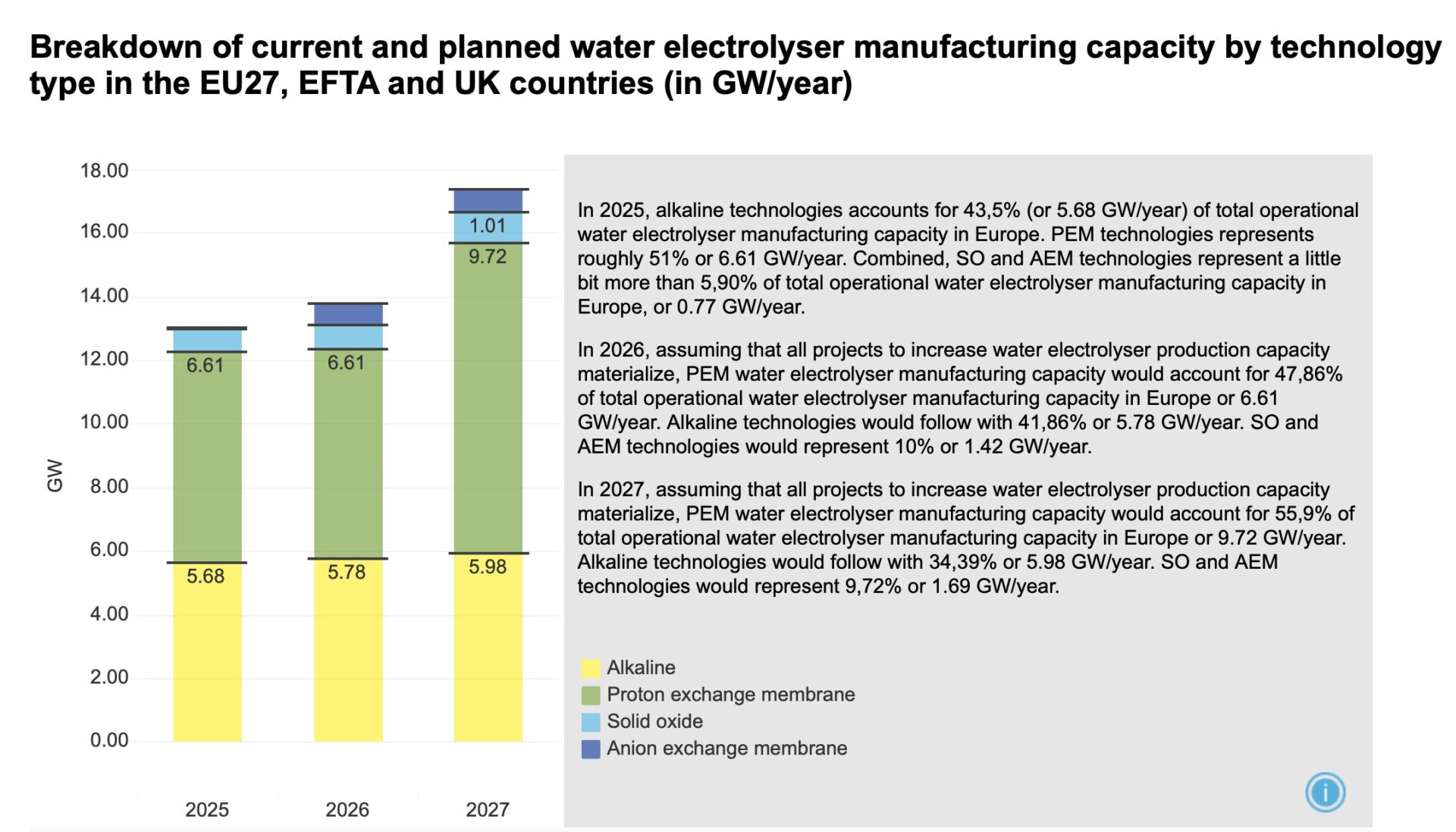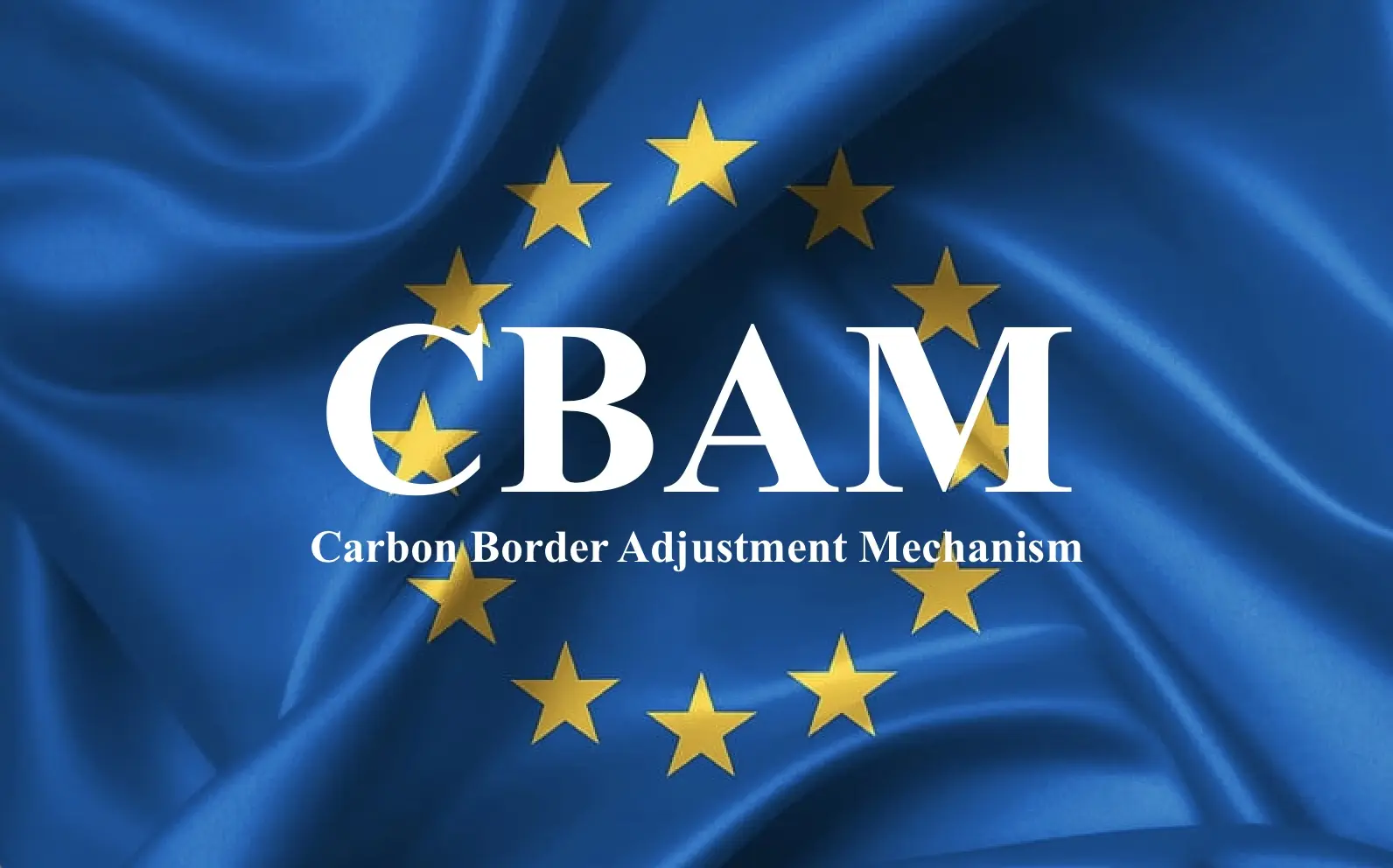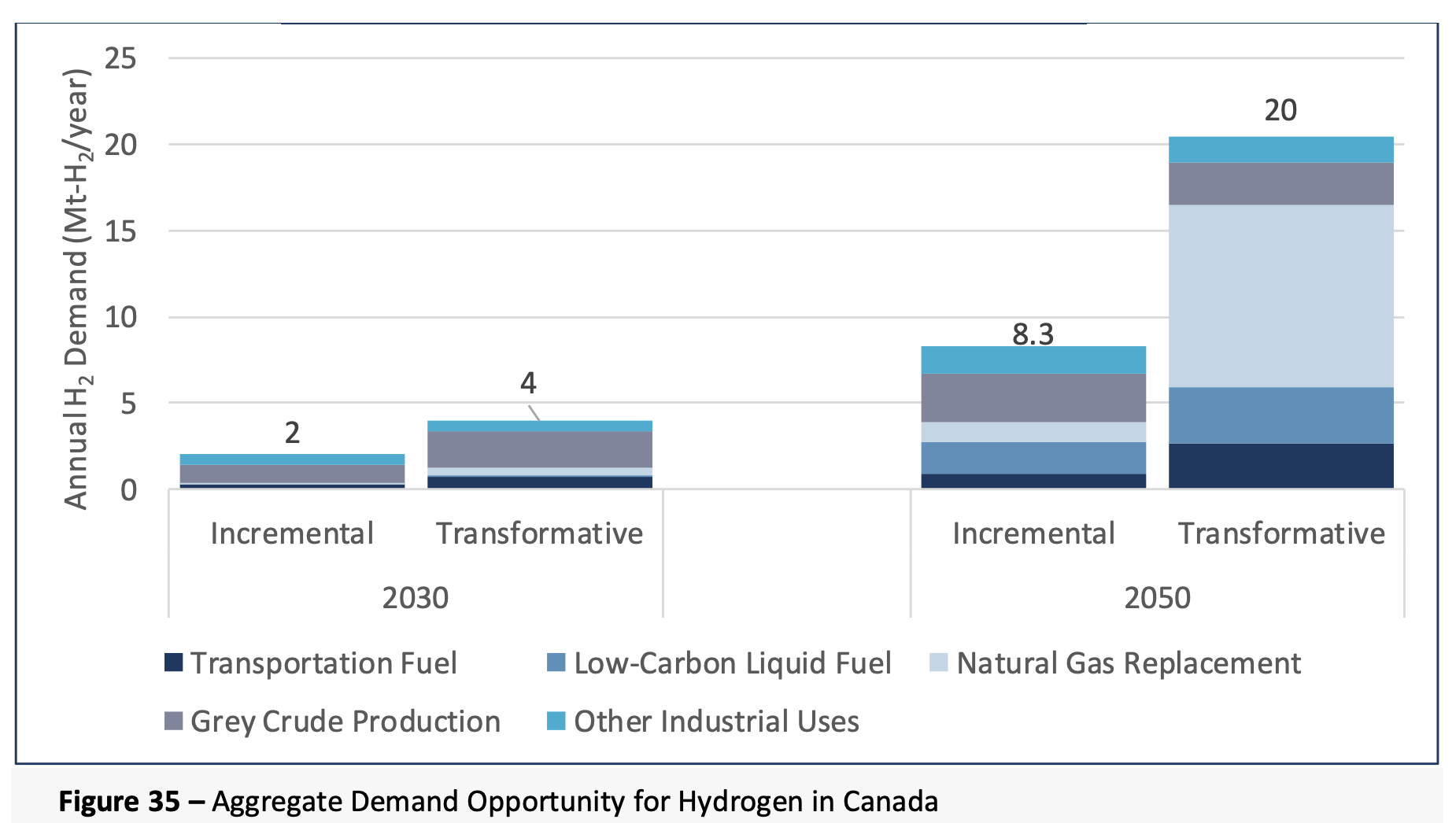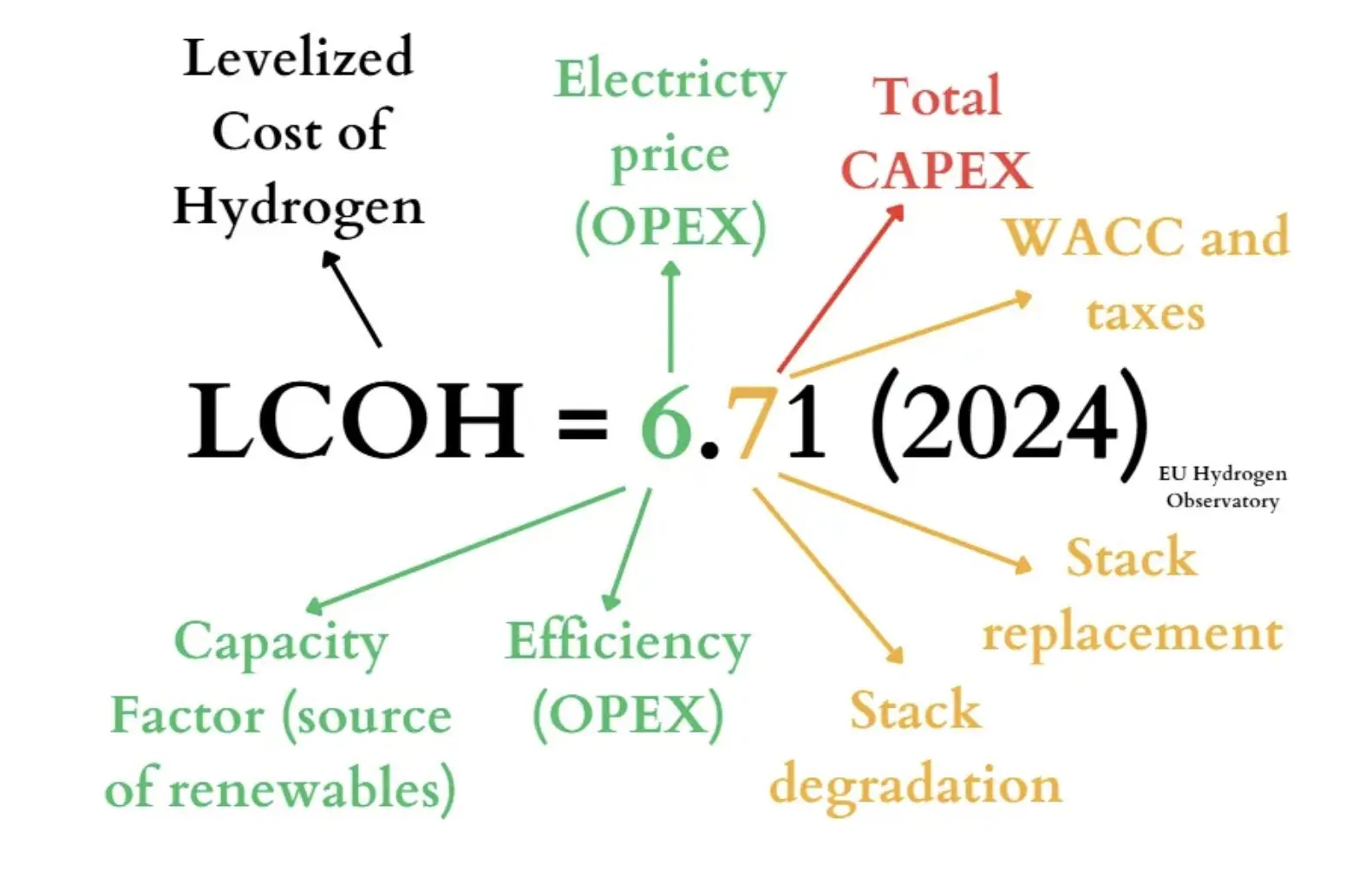
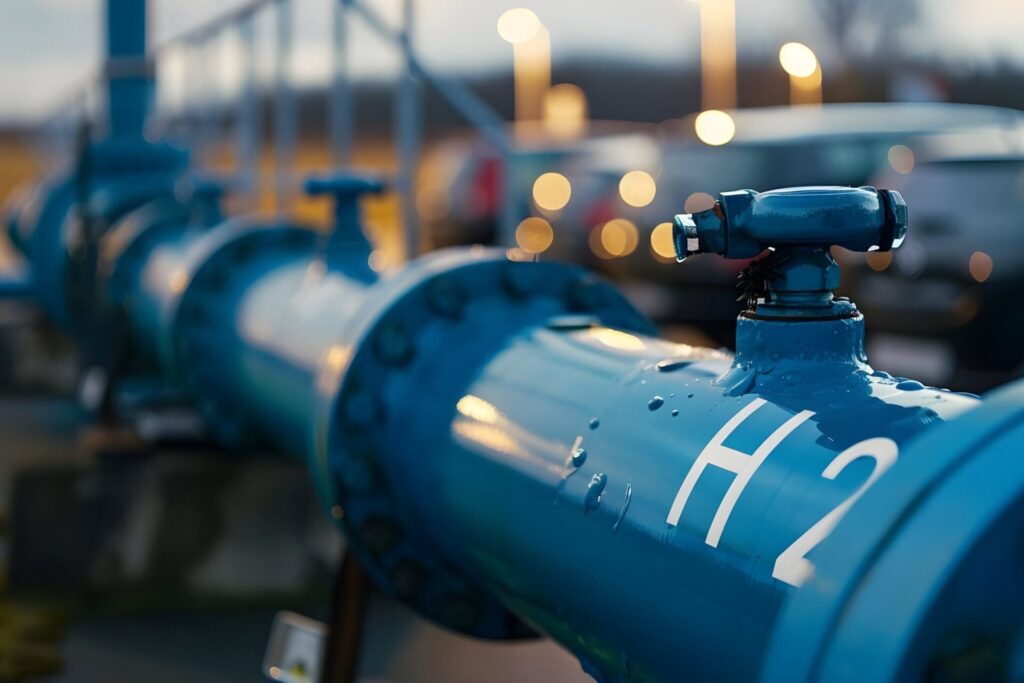
Trump’s return to office and uncertainty over climate policy in the US could catalyse H2 growth in Europe, strengthening its decarbonisation drive
Donald Trump’s return to the White House last month has brought further uncertainty for the US hydrogen sector. But European industry participants and policymakers have been eager to demonstrate a ‘now more than ever’ mentality in the face of a US policy shift.
Hydrogen industry events around the world over the past year have been characterised by a rather gloomy mood, as companies scale back investment, projects are cancelled or delayed, and regulations and subsidy mechanisms fall further behind schedule.
Trump’s plans to roll back climate legislation have added to the uncertainty, while a feeling persists that “climate is not a priority” because of the global political situation, French hydrogen investment firm Hy24’s chief investment officer, Amir Sharifi, acknowledged at last week’s Hyvolution conference in Paris.
But Sharifi noted that more than being merely a decarbonisation tool, “hydrogen is a lever for energy and food security”, which strengthens its case.
In any event, the “renewables trend is far stronger than Trump” and much larger than the US, Hy24 chief executive Pierre-Etienne Franc said. He noted that other regions have “a vested interest” in advancing decarbonisation goals and pointed to opportunities for countries in South America and Africa, but also for China as the world’s largest manufacturer of clean energy technology.
For the EU, Trump’s return could present an opportunity to strengthen its leadership in the clean energy agenda. Europe takes “climate very seriously”, the European Commission’s principal advisor at the directorate-general for energy, Tudor Constantinescu, stressed at the event, claiming that Brussels’ commitment to strict regulations had made Europe the world’s leading hydrogen market.
And at Spanish gas system transmission operator Enagas’ Hydrogen Day on 29 January, Spain’s prime minister, Pedro Sanchez, pledged to go “green, baby, green” — a reference to Trump’s “drill, baby, drill” mantra.
The EU’s Competitiveness Compass, published the same day, was widely praised by delegates at the Paris event, even as it makes few direct references to hydrogen. The document outlines a roadmap towards simplifying regulations, permitting rules and state aid to strengthen decarbonisation and industrialisation efforts. It is to be followed soon by more detailed action plans for key energy-intensive sectors, such as steel and chemicals production.
The EU is also set to refine its approach towards the hydrogen sector specifically, after meeting participants in January, industry group Hydrogen Europe chief executive Jorgo Chatzimarkakis said. Brussels will look to create “lead markets” for key offtake sectors, such as refineries, steel and fertilisers, he said.
Still, delegates were clear that major challenges persist. With production costs for renewable hydrogen still many times higher than for conventional supply, project financing remains hard to come by, they said. For many firms, “there is now less money than before for [the] energy transition”, which makes smart use of resources all the more important, French industrial gas firm Air Liquide’s hydrogen energy world business line vice-president, Erwin Penfornis, said.
But some delegates pointed to silver linings on the cost front, too. Sharifi said a downward trend in interest rates is starting to take shape, potentially paving the way towards improved financing conditions in the coming months.
Source: Argus Media

